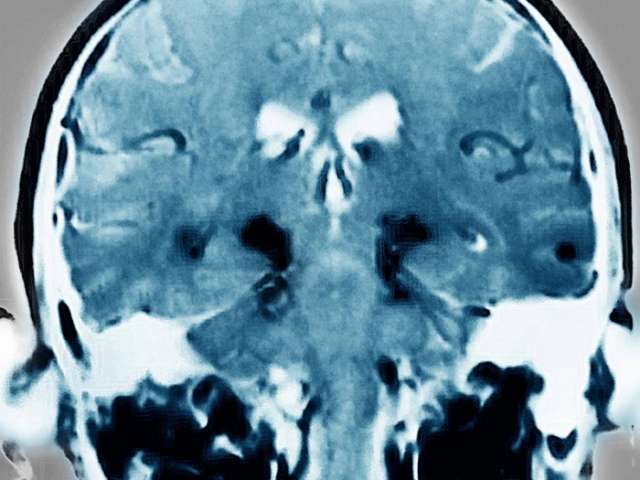The researchers believe that DJ-1 plays a role in preventing the build-up of defective molecules which form harmful protein clumps, known as Lewy bodies, in the brains of Parkinson's patients.
Humans with a mutation in the DJ-1 gene don't produce the protein molecule, and are almost guaranteed to develop Parkinson’s at a young age.
Independent experts said the findings were at a very early stage, and the implications for patients were limited as the study was in mice.
But Professor David Dexter, deputy director of research at Parkinson’s UK and a professor of neuropharmacology at Imperial College London, said the findings were exciting, even beyond the “long suspected” idea that exercise is beneficial to slowing the disease.
“What is particularly interesting is that this study also offers some explanation as to how exercise is actually helping – by boosting levels of the protective protein DJ-1,” he said.
“This means that, if we could find what exactly triggers the increase in DJ-1, there may be a way to produce a treatment that could effectively slow the progression of the condition.”
He added it was also interesting that the study was the first to suggest that exercise could help with more than just the physical degeneration from Parkinson’s.
According to Professor Dexter, it also suggests “that memory could also be improved by increasing levels of DJ-1 – something that has never been reported before”.
Around 127,000 people in the UK are affected with Parkinson’s, according to NHS figures, and most people develop symptoms when they’re over 40.
The most common characteristic is an involuntary tremor, as well as slow movement and stiff or inflexible muscles, but there are a range of other physical and psychological problems.
Symptoms are caused by the death of nerve cells in a part of the brain linked with the production of the neurotransmitter chemical dopamine, which is vital for human movement.
The study, published in the open-access journal PLOS ONE, tested mice with Parkinson’s, some with an exercise wheel, and gauged their physical and mental performance in maze and exercise tests.
After three months, performance on these tests was “significantly better in running animals, compared to control animals with locked running wheels,” the study says.
Senior author Dr Curt Freed, professor of medicine and head of the Division of Clinical Pharmacology and Toxicology at the CU School of Medicine, said: “Our results indicate that exercise may slow the progression of Parkinson's disease by turning on the protective gene DJ-1 and thereby preventing abnormal protein accumulation in brain.”
He says this “gets to the heart of the problem” with Parkinson’s, saying: "People with Parkinson's who exercise are likely able to keep their brain cells from dying."
However Professor John Hardy, professor of neuroscience at University College London, was much more sceptical of the conclusions that could be drawn before trials in humans.
“This paper claims that this exercise may affect the underlying biology of the disease process, but it does not get close to proving that.
“This research by no means proves that there is an effect on the underlying pathology of the disease.
“It does, though, suggest that this deserves investigation in real world trials.”
More about: #health #Parkinson’s
















































